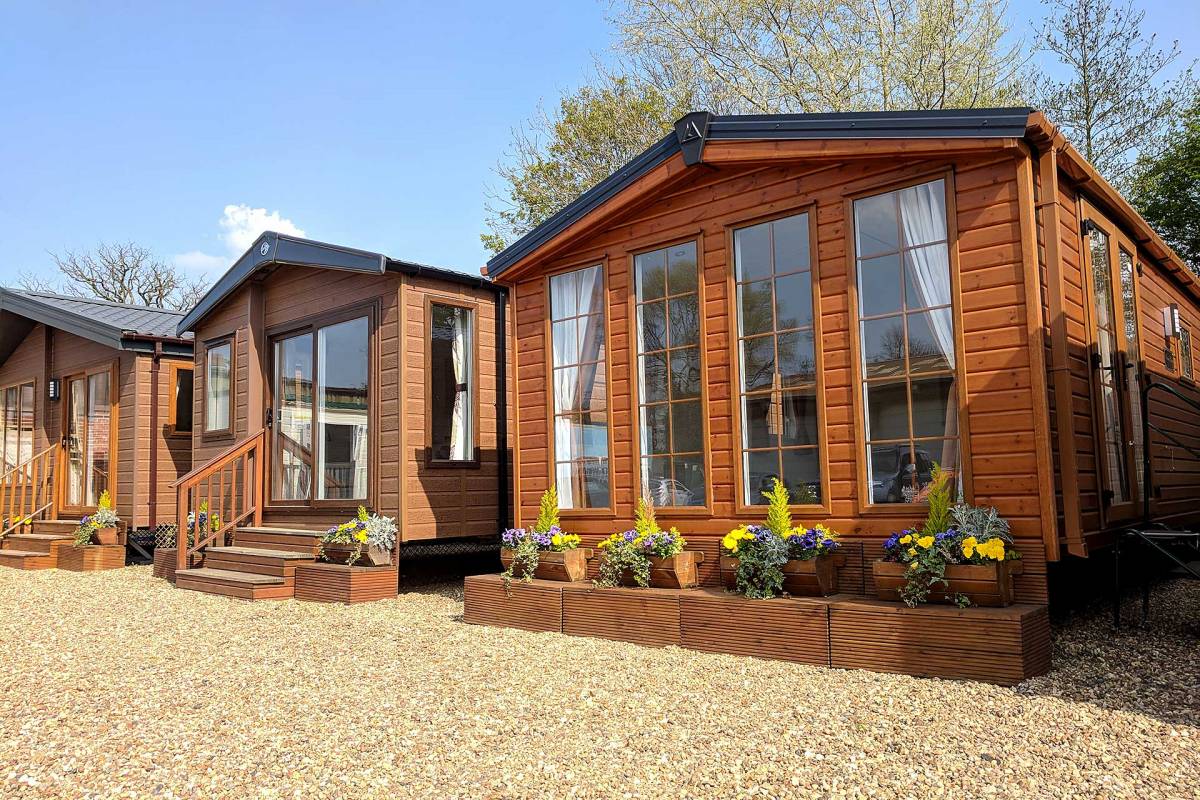What Are The Legalities Of Erecting This Type of Accommodation?
If you’ve decided that mobile living is the perfect solution for you, make sure you understand whether planning permission is required.
Mobile homes are a fantastic solution for a wide range of situations. Whether you’re looking for a little extra living space that is separate to your main accommodation or you want to build a mobile holiday home that you can visit season after season, this is a fantastic investment that can suit your personal circumstances perfectly. Temporary residences such as these are incredibly affordable, often costing less than £35,000 for a luxury cabin. So the main question you may have about this type of accommodation, is whether or not you require planning permission. This guide will help you determine the legalities of building a mobile home on your land.
What Will You Be Using Your Mobile Home For?
Whether or not you require a planning application for your mobile home will usually depend on its use and how long you intend to live in it. So, with this in mind, you need to determine how you plan to use the mobile home once it is in place. If your intention is to downsize and move into a mobile home on your land instead of your former residence, then you’ll likely need planning permission as you’ll be moving into your accommodation with a view to it being a permanent arrangement.
Alternatively, if your mobile home is on your land as a temporary solution for you to live in whilst you renovate your main property, then Sunrise Holiday Homes reveals that planning permission won’t typically be necessary as you’ll be returning to your main residence again following the completion of your building works. The duration of time you plan to live in your mobile home may be a deciding factor in whether or not you need to apply for planning permission. If you leave your temporary home in place after you’ve moved back into your main property, then this would usually be fine, so long as it’s considered to be an annex to your existing accommodation rather than a separate abode. Your local council may ask you to apply for a Certificate of Lawful Development though.
Checking Your Deeds
It’s worth bearing in mind that some deeds may have a clause that prevents caravans from being placed on your land. It’s not possible to speak broadly as all property deeds are different, so you’ll need to check the specifics of whether or not a caravan is permitted to be sited on your land.
Mobile Homes As A Commercial Venture
Many mobile homeowners don’t just enjoy visiting them for a family holiday, they can also make a bit of money out of them as a rental investment. Mobile log cabins have beautiful interiors and can be located in some breathtaking spots. However, due to being a clear commercial investment, in this scenario, you would need to apply for planning permission with your local council. Usually, you’ll be required to provide projections of your business profits.
The best practice when it comes to navigating the legalities of mobile homes, is to get in touch with your local council and inform them of your plans. They will be able to advise fully on the red tape you’ll need to satisfy in order to enjoy your mobile home accommodation in peace!


Leave a Reply
You must be logged in to post a comment.